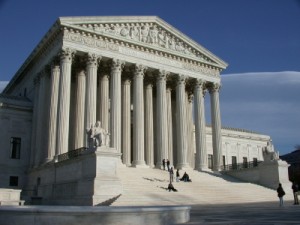 It would be good to know if your car is one of the 34 million with potentially defective airbags than can explode and kill you in an accident. You may need a little patience to find out.
It would be good to know if your car is one of the 34 million with potentially defective airbags than can explode and kill you in an accident. You may need a little patience to find out.
The government Web site that can allow you to look up recalls by your car’s vehicle identification number (VIN) seems to be overwhelmed at the moment. You also can call the hotline at 888-327-4236 and request a callback (I’m still waiting). Even if your car isn’t currently listed, you still have to check back regularly to see if it gets added.
If your car is affected, there won’t be a charge for the fix. You can contact any dealer of your vehicle to schedule the repair, according to the Consumer Federation of America. You also can ask your dealer or the manufacturer for a loaner car if there will be an extended wait.
After a decade of denial, Japanese airbag manufacturer finally admitted its airbags were defected and widened a recall to 34 million vehicles. You don’t want to ignore this serious issue–the sooner you contact a dealer, the sooner you can get on the list for a repair, said Jack Gillis, CFA’s automotive expert and author of The Car Book, published with the Center for Auto Safety.
